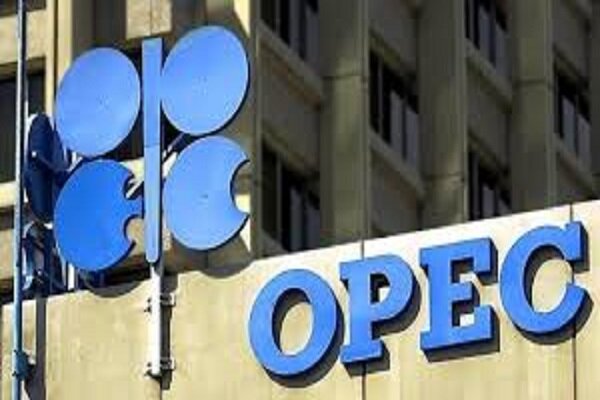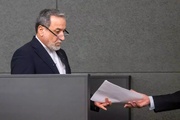The opening remarks to the 180th meeting were delivered by HE Abdelmadjid Attar, Algeria’s Minister of Energy and President of the OPEC Conference via videoconference.
"2020 continues to be a year of immense challenges caused by the COVID-19 pandemic, which has led to a dramatic loss of lives and livelihoods," he said.
"The global economy is still in deep recession with growth pegged at minus 4.3% for 2020. Global oil demand for 2020 is expected to decline by around 9.8 mb/d as the second wave of the pandemic and related lockdowns put a damper on demand."
"Markets have reacted positively in recent days, as various pharmaceutical companies have made positive strides in the development and approval of a safe and effective COVID-19 vaccine. However, it is clear that the global deployment of vaccines will take time, and its effect will likely begin to be significantly apparent in the second half of 2021."
"The road to recovery is long and bumpy. It requires great patience. However, there are signs of light at the end of the tunnel. Next year, the global economy is forecast to return to growth, expanding by an estimated at 4.4%, and oil demand growth is expected to be high, in the tune of 6.1 mb/d. This brighter outlook for 2021 gives us a cautious optimism and is a clear indication that we are on the right path," he added.
"In this regard, OPEC continues to support the global oil market, in cooperation with its partner countries of the Declaration of Cooperation, which is now in its fourth year. When it has been signed in December 2016, no one would have imagined that DoC will last for 4 years, let alone be instrumental in coping with the biggest crisis that the oil market has faced since World War II."
"We have many critical matters to discuss today as we seek to do what is best for our Member Countries, for the industry and for the global economy. As always, the world’s attention will be focused on us today and our decisions will be awaited with much anticipation," he underlined.
The 180th meeting is to discuss mounting uncertainties about the oil market’s ability to handle surplus oil output expected in January. Since the beginning of the COVID-19 pandemic, production quotas have been reduced to account for lower demand for oil. Uncertainty has led to instability in the oil market and a sharp drop in oil prices. While the market partially recovered as COVID-19 restrictions were lifted, worldwide lockdown re-implementations have driven demand down again. Additionally, the recent end to major hostilities in Libya has increased oil the country’s production dramatically. Critics warn these two factors may cause oil surpluses, further destabilizing the market.
The majority of OPEC and OPEC+ members (including Russia and nine other countries) have advocated for a continued reduction in production quotas to avoid surpluses, and this desire is likely to be upheld following this meeting.
HJ/PR


























Your Comment